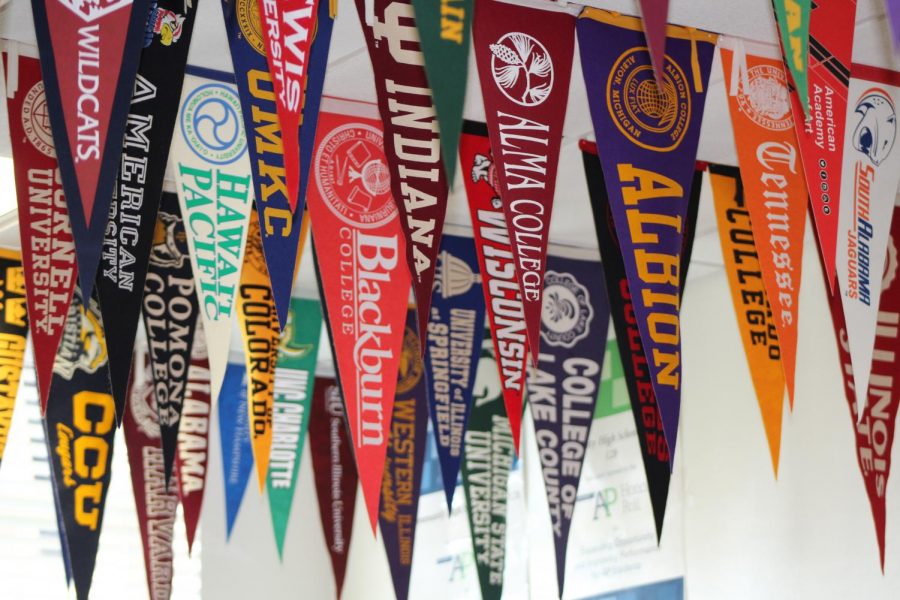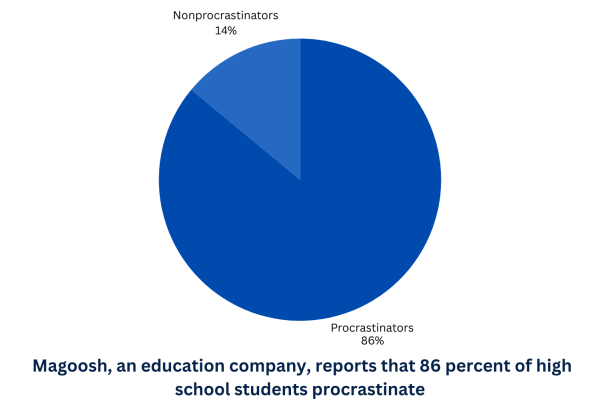Where You go to College Doesn’t Matter, What You Study Does
With 5,000 colleges and universities in the United States, decision is difficult
It’s late early May. Outside, the sun is shining, the ground is thawing, trees are starting to bud, and the chirping birds have returned from their four-month sabbatical to the south. But amidst this beautiful change of season lies a high level of stress among one small demographic: high school seniors. It’s time to decide where to attend college the following year.
And as May 1 was the national decision day, time to choose quickly came to a close. During this time, many questions were asked: Should I stay close to home?, Which school has the nicest dorms?, Which is least expensive?, lingered in the minds of those in indecision. But more than most, one question pops up in particular, Which college is most impressive?
For many prospective students, these schools include, but are not limited to, those in the Ivy League, University of California schools, and a host of others, such as Duke and Northwestern. To many, these are “attention-grabbers” or “smart schools,” colleges where you have to be someone to attend. But in terms of making a career post-graduation, it doesn’t matter where you go to college — for the most part. While Ivy League university graduates may start out with higher salaries in the workplace, the debt that many have acquired isn’t pretty. What matters in a college is where you’ll have minimal debt post-graduation and what you actually study.
With so many colleges in the country, all of which offer so many different opportunities, it’s unfair to say that one school is objectively better than the other just because of its perceived prestige or history. Not to mention the significant difference in tuition amounts. According to the CollegeTuitionCompare website, the average cost for tuition at an Ivy League school yearly is $52,170 (for the 2018-2019 academic year). Whereas, according to CollegeBoard the average tuition cost for attending an in-state college is around $10,000 yearly.
Attending a more expensive college means that most students will have to take out loans in order to pay, even if they are receiving financial aid. And consequently, as the prices for college inflate, so does the debt.
Student debt plagues the lives of many Americans. The average college graduate is around $38,000 in debt, and it’s growing to even more obscene proportions. The combined national student debt as of 2017 is $1.4 trillion, millions more than the national credit card debt, according to debt.com. And there is no more important time to be debt-free than post-college. No school, no matter how “prestigious,” should be worth the monstrous weight of debt dragging you down as you attempt to make a living.
Speaking of which, what you study is equally as important. Granted, you can make a living with whatever path you take as long as you’re smart about what you do, but some majors yield higher salaries within your first five years out of college.
As the tech market remains dominant in business and innovation, it comes as no surprise that the demand for engineering (average starting salary of $66,000) and computer science majors (average starting salary of $65,000) is very high. Likewise, according to investopedia.com, finance (with an average starting salary of $60,000) and accounting (an average starting salary of $49,000) will always be lucrative majors that will more or less guarantee success in the work field.
All this being said, I would like to reiterate that you can be successful regardless of what you study. The stigma against students going into the arts is harsh. The world needs artists. There will always be a market for the arts. But if you want a substantial salary soon out of college, some majors are clearly better than others.
Another thing I’d like to add is the importance of being proactive. If you want a head start on job prospects out of college, you need to be proactive in searching out where you’d like to work, where your intended career is needed, and what you need to do outside of school to achieve that.
Every college has resources and connections. Use them. Take advantage of what’s available. This generation can do better in terms of staying focused and driven. If you want a successful career and life post-college, you need to grasp it swiftly and hold on to it tightly, void of distraction.









